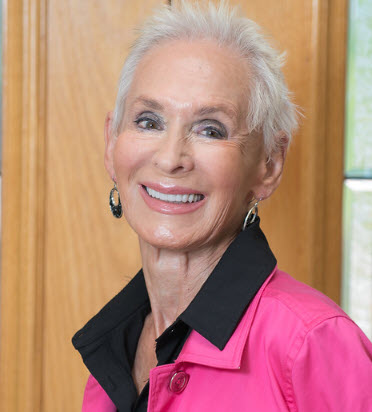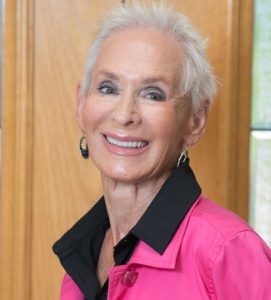

Do we contribute to our decline? Of course we do. We think, “the aging process takes its toll, and other than trying to think positive thoughts, there’s not a thing anyone can do about it.”
Nobody wants to admit or even think about the possibility that entering the government-created state of Nirvana called “retirement” is the start of the process of decline. At age 65 or sooner, we voluntarily choose to retire because being in “retirement” appeals to our human nature that prefers ease over effort.
“Retirement” is a dynamite word. Do you ever think about what it really means? It means you leave the larger world and enter into another state of being that you feel you understand or know about, but you can’t imagine what retirement is really about until you are there. It is loaded with hopeful but often misleading assumptions and expectations and embraces an abundance of “thou shall” and “shall nots.” That’s part of the price paid for voluntarily retiring or internalizing the reality that “I am retired.” I know I’m raising more than a few feathers here because most retirees love their retirement, but let’s be honest. Retirement, with all its benefits and disappointments, is often not the Nirvana it is supposed to be.
The best part of retirement is that you have lots of free time to do what you want to do. Of course, that’s the dream of every “Nine to Fiver.”
But . . What if your savings run out sooner than expected? You’ve seen the TV ad with a retired couple saying they prepared carefully for retirement but discovered they needed more money. You always need more than you think you do. And . . What if you did NOT prepare well financially and inflation eats up your limited savings and decreases the value of your Social Security income?
When I was working at a pharmacy that served a large senior population, I learned two important things about retirees:
- Too many didn’t have enough money to live decently. When retirement time rolled around, they were so tired of the daily grind they didn’t think much about finances in the future; they just wanted to be done with work. They assumed, as many still do, “I won’t need as much money anymore,” which was and is a dangerous assumption. So, when they ran out of money, they purchased “day old” food products but somehow had enough money to purchase lots of wine and Jack Daniels.
Not having nearly enough for daily sustenance, they still valued having fun, and one of their favorite past-times was going to the Casino to gamble. A casino bus picked them up in the morning and returned them in the afternoon.
To facilitate fun at the Casino, they carefully watched their daily finances. I recall one woman complaining about the copay for her prescription ( which, as I remember, was less than $3.00) because she said she needed the money to gamble at the Casino.
- If not having enough money was depressing, loneliness took a toll on their well-being. There were too many widows and few unattached men.
Many retirees lived in a large nearby complex for those “50 and better”. The ladies were crazy about one of its residents, Freddy, who looked and lived as he did in the 1960s or 70s. He wore a polyester suit, lots of gold chains, an afro that had turned white AND he smelled divine. But best of all, Freddy still drove, and he had a red Pontiac convertible to run errands for the ladies. He enjoyed taking the feistier women to a bar for fun and games when he had enough tip money from running errands. Not all the women appreciated Freddy. His flashy demeanor wasn’t enough to lessen their loneliness.
I used to think: What if they had not retired? What if they decided to work part-time instead of quitting? Would they have been happier? Or would they be yearning for the full-blown retirement benefits?
When I stopped working, I did so because my husband’s health was starting to fail and I spent a lot of time taking him to one doctor after another. My employer did not appreciate my time off, so I decided to call it quits. I didn’t think of myself as retired. I just stopped working.
Knowing what I would be getting into, I had a plan to lessen the change from work-life to “real” life. I was eager to start writing another book, and I had other plans for further down the road. Again, knowing what I knew, I decided I would not voluntarily adopt the typical retiree lifestyle or mindset. To this day I don’t participate in senior activities. My lifestyle choice has made me an outlier but it has been a fantastic choice for me and could be for others.
If you are retired and feel bored or lonely, or feel you left too many dreams on the drawing board — don’t despair. Don’t allow awareness of your chronological age to rule or ruin your life. If you are mentally and physically competent, you can accomplish more than you think. If you imagine “it’s too late for me,” throw that thought in the trash can with other “I can’t” and ‘I’m too old” assumptions. You are alive; you can make changes. You have to try, regardless of what friends or the general culture say you to do. So go ahead — raise a few eyebrows — do something you want to do and can do. Being an outlier at any stage of life can be fun and challenging.
Leave a Reply